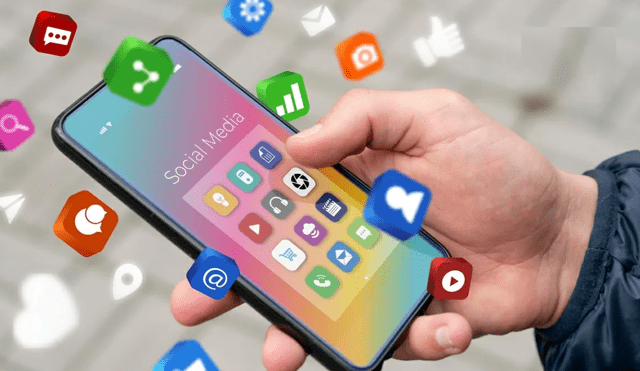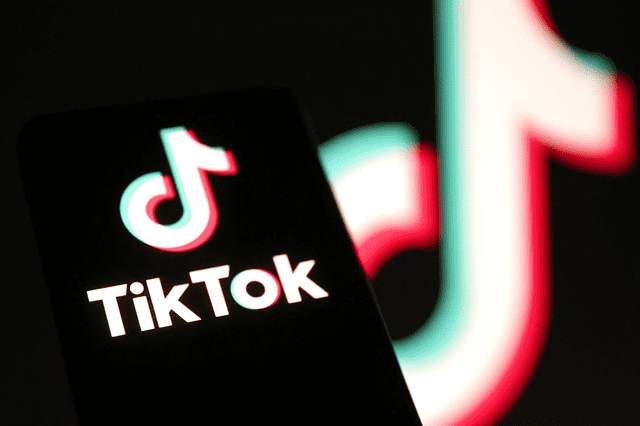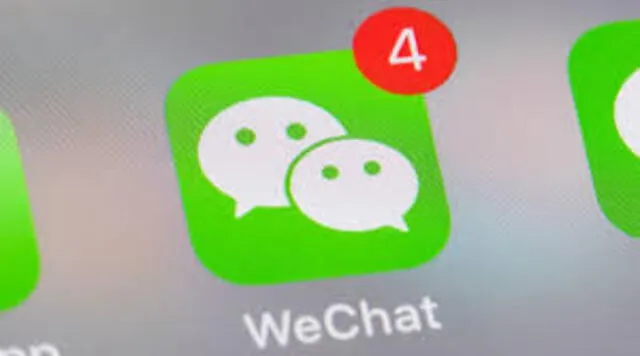Which apps are getting banned in the U.S. 2025?
Discover the apps which may be facing bans in 2025, why they're targeted, and how it affects users worldwide.

This 2025 has certainly been eventful for the apps in the United States. While many governments are regulating the use of certain apps due to their policies, whether due to their data privacy violations, or even geopolitical reasons; some apps are still in danger of being banned in the U.S.
No matter if you are a tech enthusiast or just a casual user of the apps, here are some apps in danger:

ALSO SEE: South Korea snap election 2025: Lee Jae-myung is the new president according to exit polls
1. TikTok
While this may be the most well-known option as the most likely app to be banned in the United States due to their less than 12-hours-blackout at the beginning of the year; efforts to ban it have escalated, as the due date President Donald Trump first gave the app to divest, ran its course.

TikTok might be banned by June 19 if it fails to divest. Photo: USA Today
While eventually the due date was extended again by June 19, if ByteDance, the company which owns TikTok, does not comply; the app could be permanently banned in the U.S. citing a national security threat. This due to some politicians worrying the app might be sharing personal data with the Chinese government.
2. CapCut
CapCut is a video editing app, one of the most popular right now due to its intuitive nature.

As both CapCut and TikTok belong to the same company, they might face the ban together. Photo: CapCut
However, as the app belongs to the same company as TikTok, ByteDance, if the TikTok ban proceeds, it is very likely CapCut will also disappear from the U.S.
3. WeChat
WeChat is a messaging app which many consider as the Chinese version of WhatsApp. It is very popular in China and offers everything your average messaging app does. However, it also has certain features which make it far better. These "super features" include:

WeChat has been under scrutiny since Trump's first term. Photo: BBC
- payment services (WeChat Pay)
- online shopping
- ride-hailing
Nonetheless, some governments have banned the app due to national security and data privacy concerns. While Donald Trump initially banned the app in 2021 during his first term, the Biden administration would later rescind the ban due to lack of proof. Still, the app remains under scrutiny.












